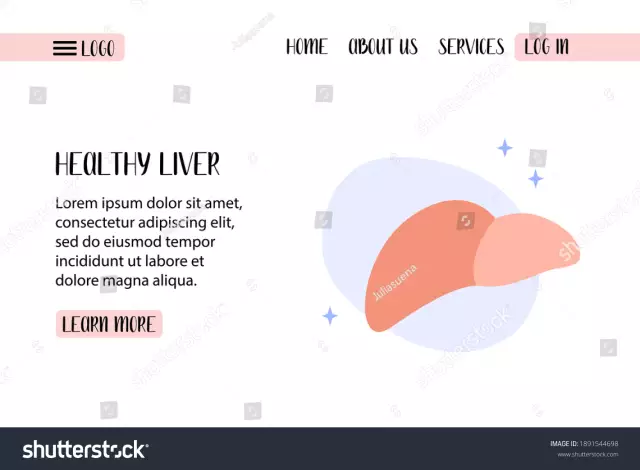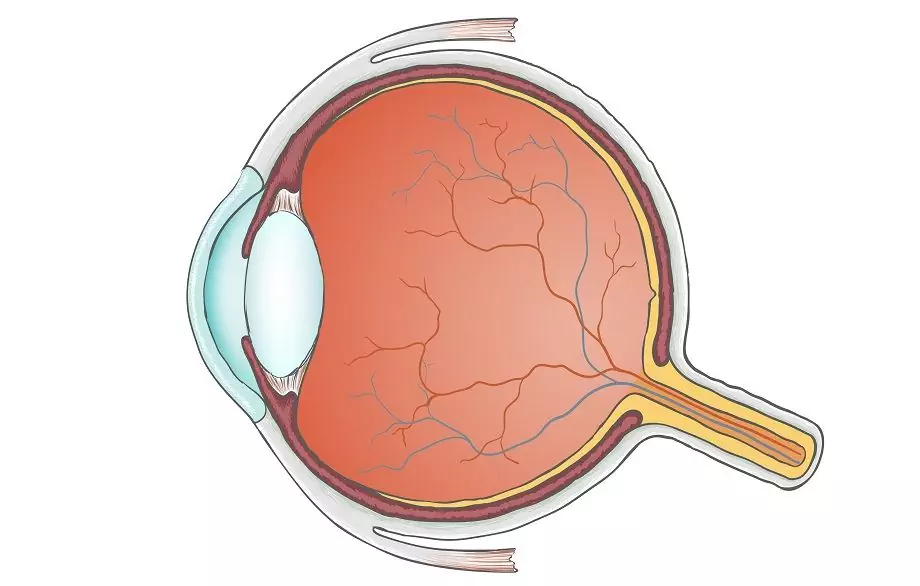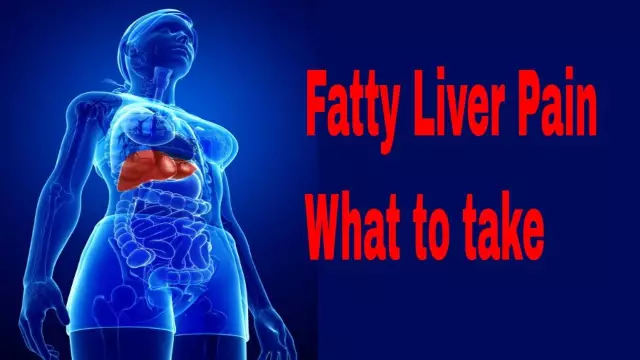- Author Rachel Wainwright [email protected].
- Public 2023-12-15 07:39.
- Last modified 2025-11-02 20:14.
About hepatology

Hepatology is a section of gastroenterology dedicated to the liver.
The need for specialization arose due to the fact that the liver is the most important, completely unique organ, and it belongs not only to the digestive system, but also to the circulatory system, and also plays an important role in metabolic processes. The liver is the main "laboratory" of the body. Here bile acids, bilirubin, blood plasma proteins, lipids, hormones and enzymes involved in digestion are synthesized. Here the blood is purified from substances that are poisonous for the body: toxins, allergens, medicines, toxic metabolic products, excess hormones, etc. that have come from outside. The liver is a kind of "depot" that stores an emergency supply of glucose in the form of glycogen, as well as a supply of vitamins and microelements.
Thus, hepatology is not exactly a gastroenterological science; it includes hematology, endocrinology, toxicology, and several other types of medical disciplines. Liver diseases have dire consequences for the body. The liver is so important to life that it has colossal compensatory capabilities, which, perhaps, no other organ has. Like a phoenix, it is able to recover from as little as 20% of the preserved healthy liver tissue. This feature is used in intravital liver transplantation, when one of the lobes of the liver is removed from a healthy donor and transplanted into a recipient whose liver has practically lost its functions. Within a year, the liver is restored to its normal size in both the donor and the recipient.
The area of consideration of hepatology includes metabolic diseases of the liver and biliary tract (for example, calculous cholecystitis), infectious liver diseases (viral hepatitis, parasitic diseases), oncological diseases. Regardless of the cause that caused the disease, active, intensive treatment is necessary, which sometimes lasts quite a long time, and constant observation by a hepatologist. Currently, there is a steady increase in hepatitis C, a viral infection that destroys the liver. Active use of preventive measures can prevent the spread of this disease, called the "affectionate killer", as well as other types of infectious hepatitis, which is also one of the tasks of hepatology.
Found a mistake in the text? Select it and press Ctrl + Enter.






